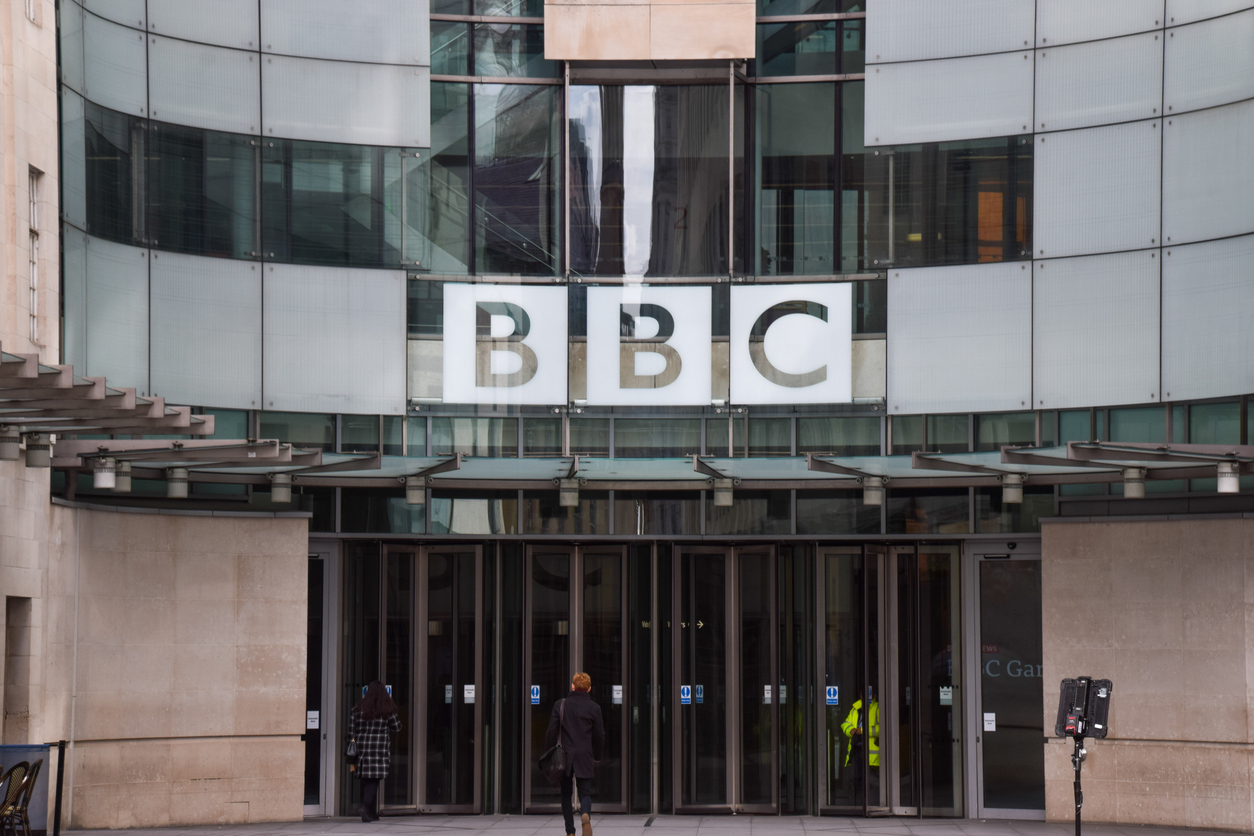BBC censures employees for calling Hamas a terror group

The BBC has censured staff members who referred to Hamas as a “terror group” in a June 15th broadcast.
The network’s Executive Complaints Unit (ECU) insists it avoids labeling organizations as “terrorists” in the name of “accuracy and impartiality.” The corporation still refuses to call Hamas a terror group—even though it is officially designated as such by the UK, the US, the European Union, and nearly every major Western government.
According to The Telegraph, former British Prime Minister Rishi Sunak and former Foreign Secretary Lord Cameron pressed the BBC to “call [Hamas] what it is” after the October 7th massacre.
“Maybe it’s a moment actually for the BBC to ask itself again, shall we describe these people as terrorists? They are terrorists,” said Cameron.
Shadow Justice Secretary Robert Jenrick has also criticized the BBC for repeatedly referring to Islamic terrorists as “militants,” “fighters,” or members of a “political resistance.”
Alignment with Hamas
The BBC’s soft stance on Hamas may be because the network is closely aligned with the terror group. The outlet has been so dedicated to Hamas’ messaging, in fact, that former BBC Television Director Danny Cohen recently called the BBC’s Arabic channel “the media wing of Hamas.”
The outlet has also closely collaborated with Hamas. The BBC’s film “Gaza: How to Survive a Warzone” paints Hamas and its supporters as victims of Israel, which is portrayed as a genocidal aggressor. It is narrated by a 13-year-old boy who has since been revealed to be the son of senior Hamas member Ayman Alyazouri.
In addition to shielding Hamas from terror references, the BBC also uses sleights of hand to depict Gazans—who overwhelmingly support Hamas and even participate in attacks—in a favorable light. When including quotes from Gazans, for example, the network deliberately mistranslates the Arabic word al-yahud, which means “the Jews”, to “the Israelis” in an effort to gloss over Islamic antisemitism.
Studies show the network also disproportionately criticizes Israel. Terms like “genocide,” “war crimes,” and “breach of international law” are applied to Israel up to 15 times more than Hamas.
In August, The Spectator reported that a leaked internal BBC memo ordered staff to adopt Hamas’ narrative when reporting on humanitarian aid to Gaza.
Hamas launched an aggressive disinformation campaign against the Gaza Humanitarian Foundation (GHF), an organization established by the Trump administration in May to provide humanitarian aid to Gaza. The GHF, which has so far distributed well over 100 million meals to Gazans, has proven more effective than UN-led operations. Aid distributed by the UN, which maintains close ties with Hamas, often finds itself in the hands of the terror group instead of civilians. It was also recently discovered that the UN is withholding 950 trucks containing roughly 2,400 tons of food in Gaza while accusing Israel of starving Gazans.
Hamas, in coordination with the UN, has launched a smear campaign against the GHF that involves publishing false reports, such as mass killings at aid sites carried out by the IDF in coordination with the GHF. American and European media, including the BBC, are quick to report these stories as fact without waiting for verification.
BBC editors distributed a memo titled “Covering the food crisis in Gaza,” outlining how staff should frame the “famine in Gaza” narrative. The memo declared that “the argument over how much aid has crossed into Gaza is irrelevant” and that reporters should say the current distribution system—in other words, the GHF— “doesn’t work.”
“The BBC – which declined to comment on the email – appears content to accept casualty figures and starvation claims from Hamas-linked bodies or sympathetic NGOs as definitive, while dismissing or omitting Israeli data and counterclaims,” wrote Jonathan Sacerdoti for The Spectator. “The email directs staff to reference ‘mounting evidence’ of starvation and deaths around aid centres, yet makes no mention of Hamas operatives looting convoys, obstructing access, or even firing on civilians attempting to collect food – allegations which have been made publicly by Israel and backed at times by video and eyewitness testimony.”
In its memo, the BBC also ordered staff to frame Israel as the “occupying power” in Gaza, despite the IDF’s complete disengagement from the territory in 2005. Israel had no military presence in Gaza until October 7, 2023. Hamas remains the official ruling power in the Gaza Strip.


.jpg)

